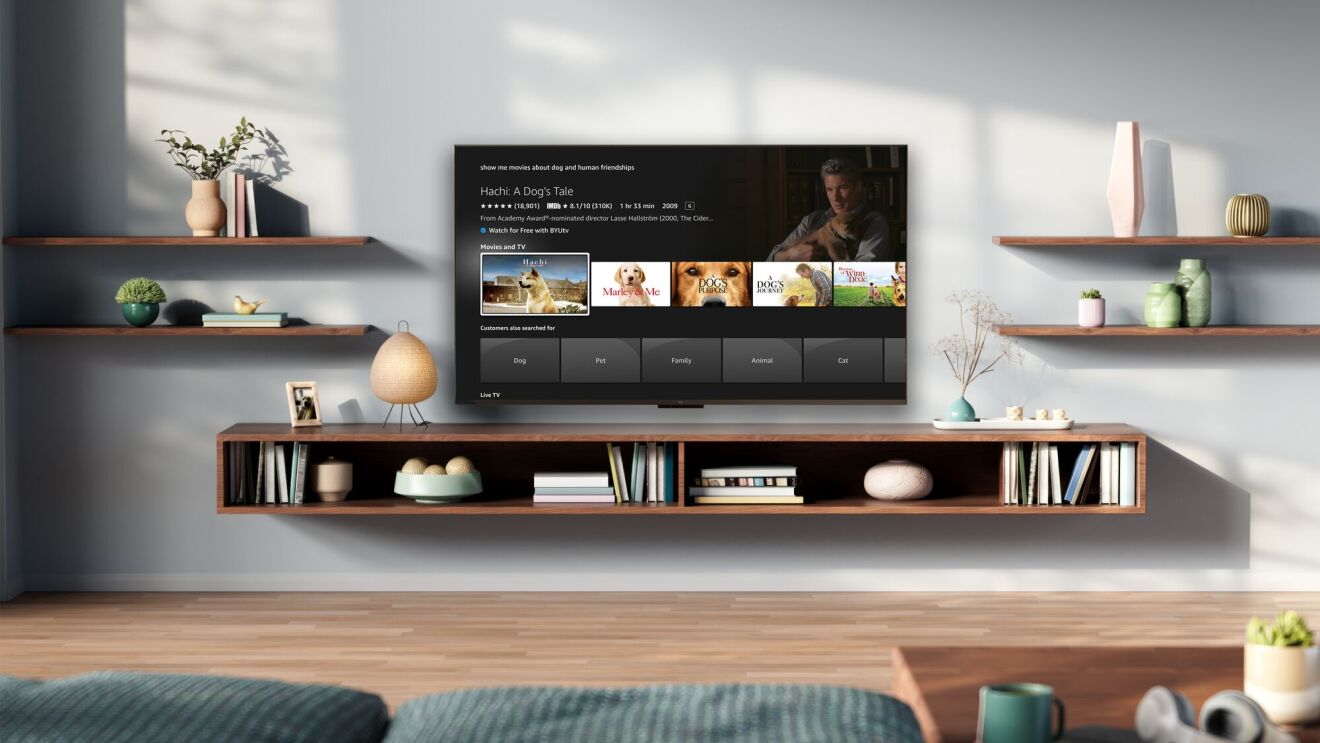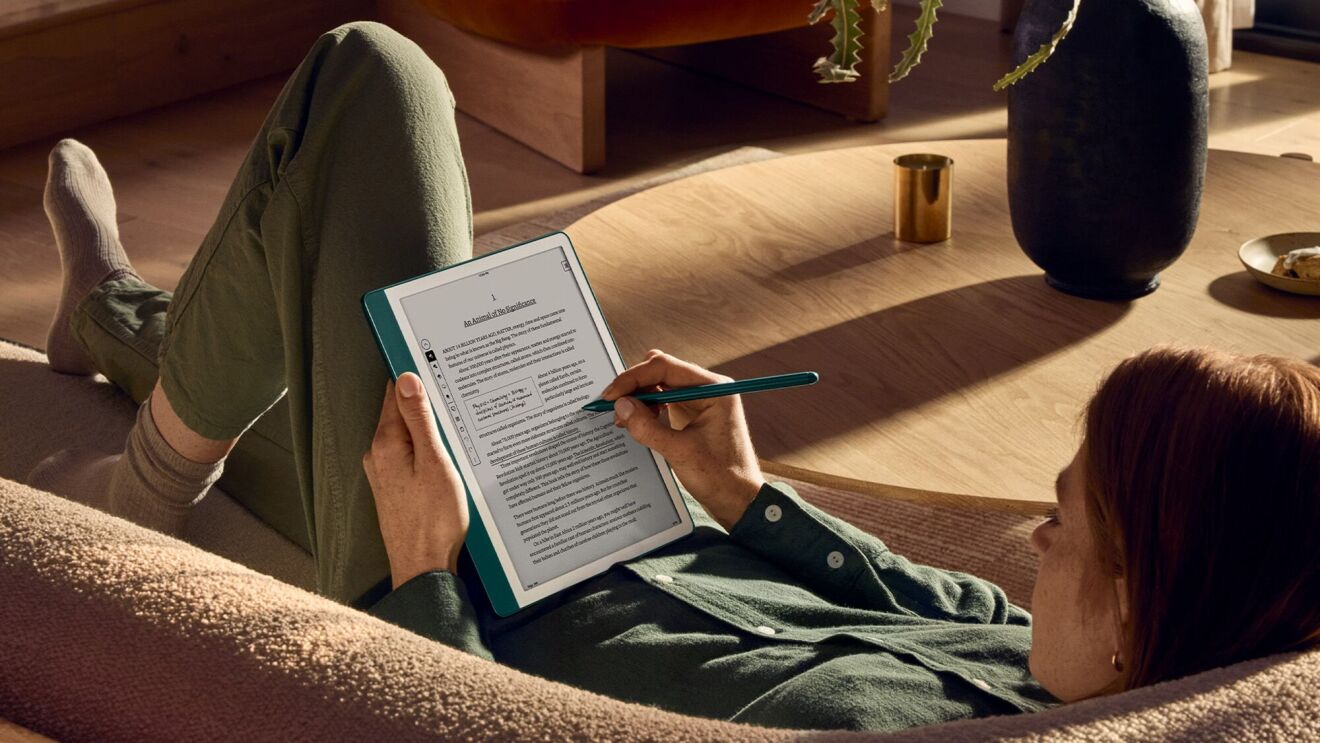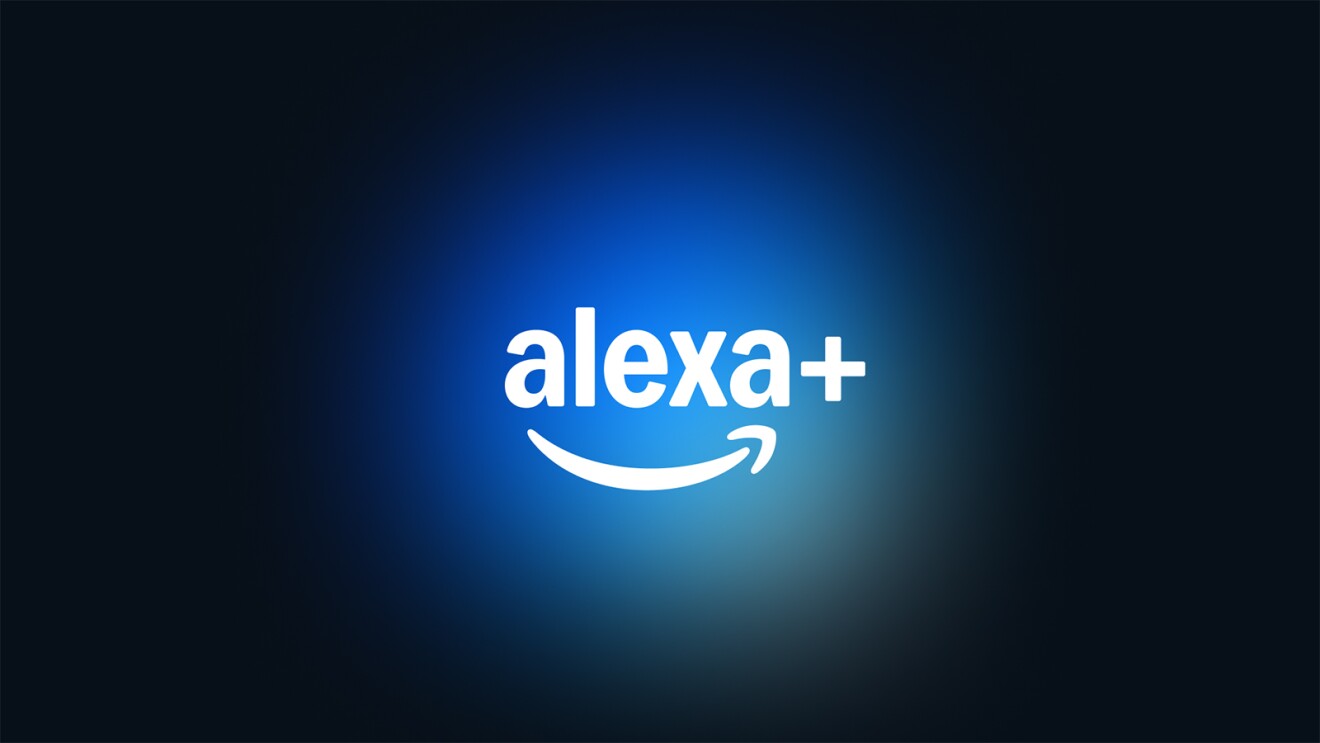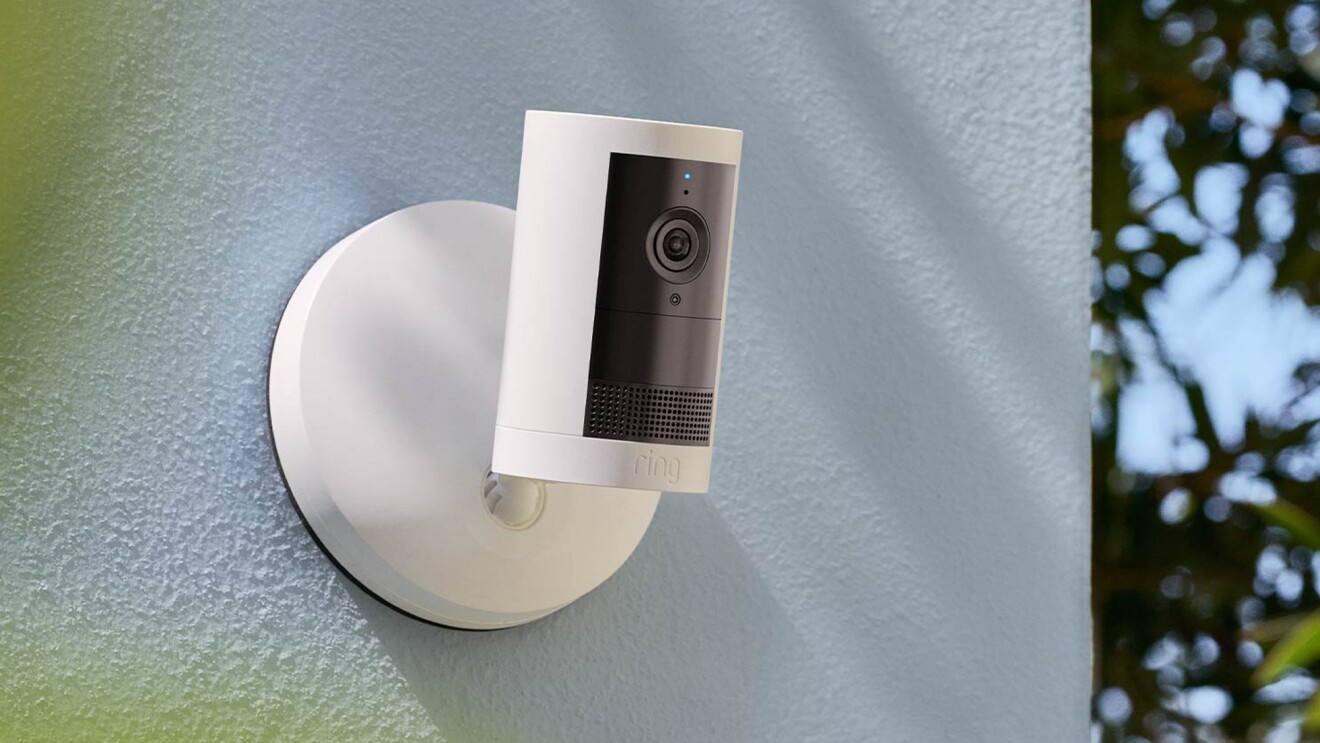Today is the 10th anniversary of Kindle's launch. Below is the letter Amazon CEO Jeff Bezos wrote to shareholders ten years ago to mark the event.
To our shareowners:
November 19, 2007, was a special day. After three years of work, we introduced Amazon Kindle to our customers.
Many of you may already know something of Kindle—we’re fortunate (and grateful) that it has been broadly written and talked about. Briefly, Kindle is a purpose-built reading device with wireless access to more than 110,000 books, blogs, magazines, and newspapers. The wireless connectivity isn’t WiFi—instead it uses the same wireless network as advanced cell phones, which means it works when you’re at home in bed or out and moving around. You can buy a book directly from the device, and the whole book will be downloaded wirelessly, ready for reading, in less than 60 seconds. There is no “wireless plan,” no year-long contract you must commit to, and no monthly service fee. It has a paper-like electronic-ink display that’s easy to read even in bright daylight. Folks who see the display for the first time do a double-take. It’s thinner and lighter than a paperback, and can hold 200 books. Take a look at the Kindle detail page on Amazon.com to see what customers think—Kindle has already been reviewed more than 2,000 times.
As you might expect after three years of work, we had sincere hopes that Kindle would be well received, but we did not expect the level of demand that actually materialized. We sold out in the first 5 1/2 hours, and our supply chain and manufacturing teams have had to scramble to increase production capacity.
We started by setting ourselves the admittedly audacious goal of improving upon the physical book. We did not choose that goal lightly. Anything that has persisted in roughly the same form and resisted change for 500 years is unlikely to be improved easily. At the beginning of our design process, we identified what we believe is the book’s most important feature. It disappears. When you read a book, you don’t notice the paper and the ink and the glue and the stitching. All of that dissolves, and what remains is the author’s world.
We knew Kindle would have to get out of the way, just like a physical book, so readers could become engrossed in the words and forget they’re reading on a device. We also knew we shouldn’t try to copy every last feature of a book—we could never out-book the book. We’d have to add new capabilities—ones that could never be possible with a traditional book.
We knew Kindle would have to get out of the way, just like a physical book, so readers could become engrossed in the words and forget they’re reading on a device.
Jeff Bezos
The early days of Amazon.com provide an analog. It was tempting back then to believe that an online bookstore should have all the features of a physical bookstore. I was asked about a particular feature dozens of times: “How are you going to do electronic book signings?” Thirteen years later, we still haven’t figured that one out! Instead of trying to duplicate physical bookstores, we’ve been inspired by them and worked to find things we could do in the new medium that could never be done in the old one. We don’t have electronic book signings, and similarly we can’t provide a comfortable spot to sip coffee and relax. However, we can offer literally millions of titles, help with purchase decisions through customer reviews, and provide discovery features like “customers who bought this item also bought.” The list of useful things that can be done only in the new medium is a long one.
I’ll highlight a few of the useful features we built into Kindle that go beyond what you could ever do with a physical book. If you come across a word you don’t recognize, you can look it up easily. You can search your books. Your margin notes and underlinings are stored on the server-side in the “cloud,” where they can’t be lost. Kindle keeps your place in each of the books you’re reading, automatically. If your eyes are tired, you can change the font size. Most important is the seamless, simple ability to find a book and have it in 60 seconds. When I’ve watched people do this for the first time, it’s clear the capability has a profound effect on them. Our vision for Kindle is every book ever printed in any language, all available in less than 60 seconds.
Publishers—including all the major publishers—have embraced Kindle, and we’re thankful for that. From a publisher’s point of view, there are a lot of advantages to Kindle. Books never go out of print, and they never go out of stock. Nor is there ever waste from over-printing. Most important, Kindle makes it more convenient for readers to buy more books. Anytime you make something simpler and lower friction, you get more of it.
We humans co-evolve with our tools. We change our tools, and then our tools change us. Writing, invented thousands of years ago, is a grand whopper of a tool, and I have no doubt that it changed us dramatically. Five hundred years ago, Gutenberg’s invention led to a significant step-change in the cost of books. Physical books ushered in a new way of collaborating and learning. Lately, networked tools such as desktop computers, laptops, cell phones and PDAs have changed us too. They’ve shifted us more toward information snacking, and I would argue toward shorter attention spans. I value my BlackBerry—I’m convinced it makes me more productive—but I don’t want to read a three-hundred-page document on it. Nor do I want to read something hundreds of pages long on my desktop computer or my laptop. As I’ve already mentioned in this letter, people do more of what’s convenient and friction-free. If our tools make information snacking easier, we’ll shift more toward information snacking and away from long-form reading. Kindle is purpose-built for long-form reading. We hope Kindle and its successors may gradually and incrementally move us over years into a world with longer spans of attention, providing a counterbalance to the recent proliferation of info-snacking tools. I realize my tone here tends toward the missionary, and I can assure you it’s heartfelt. It’s also not unique to me but is shared by a large group of folks here. I’m glad about that because missionaries build better products. I’ll also point out that, while I’m convinced books are on the verge of being improved upon, Amazon has no sinecure as that agent. It will happen, but if we don’t execute well, it will be done by others.
Your team of missionaries here is fervent about driving free cash flow per share and returns on capital. We know we can do that by putting customers first. I guarantee you there is more innovation ahead of us than behind us, and we do not expect the road to be an easy one. We’re hopeful, and I’d even say optimistic, that Kindle, true to its name, will “start a fire” and improve the world of reading.
As always, I attach our 1997 letter to shareholders. You’ll see that Kindle exemplifies our philosophy and long-term investment approach as discussed in that letter. Happy reading and many thanks!
Jeffrey P. Bezos
Founder and Chief Executive Officer
Amazon.com, Inc.
Founder and Chief Executive Officer
Amazon.com, Inc.
Trending news and stories









